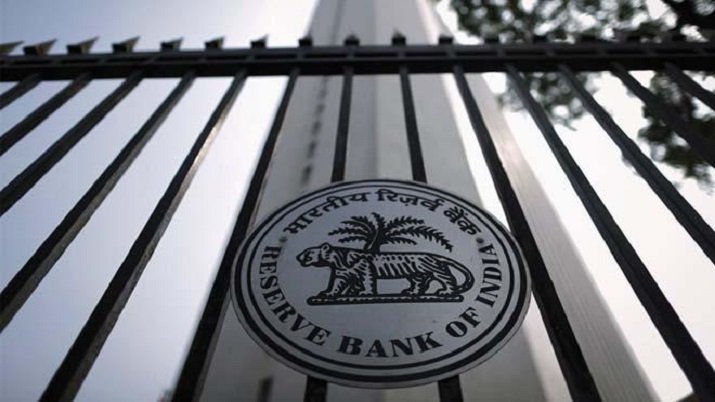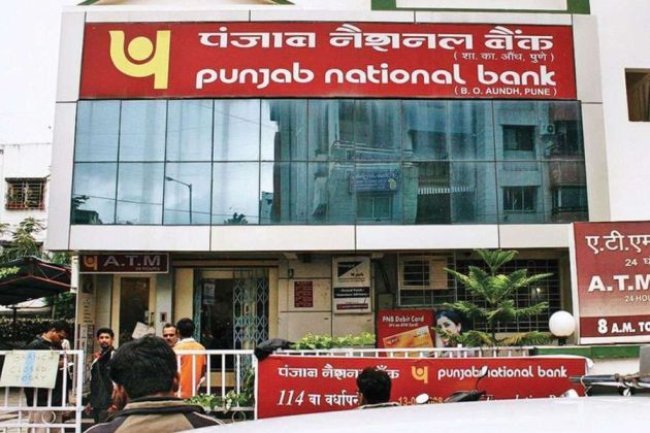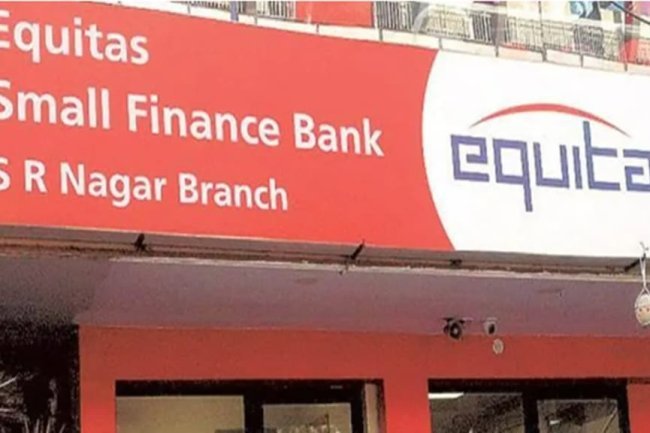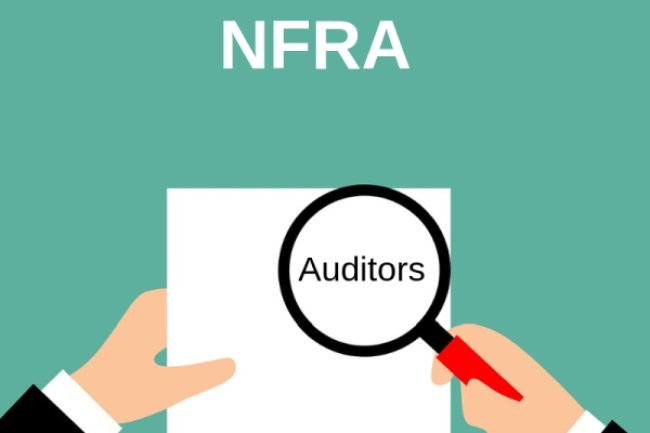RBI Lending Ban on Finance Firms Raises Concerns Over Impact on India's Credit Industry
India's credit industry faces challenges following the RBI's ban on lending by four non-banking financial companies over subprime lending concerns. While intended to curb excessive borrowing, the move has caused investor apprehension and could lead to a downturn in consumer credit, particularly affecting borrowers reliant on NBFCs.

RBI Lending Ban on Finance Firms Raises Concerns Over Impact on India's Credit Industry
India’s credit sector has been hit hard following the Reserve Bank of India’s (RBI) decision to halt lending operations at four non-banking financial companies (NBFCs). The RBI imposed a ban on these firms due to concerns over their lending practices, which have sparked fears among investors and resulted in significant market repercussions. One company canceled a bond sale, while the shares of another firm’s parent company saw a sharp decline. Investors, already worried about household debt levels, are now apprehensive about further regulatory actions.
The RBI’s decision to ban these companies from issuing new loans is driven by concerns over subprime borrowers potentially falling into debt traps. However, critics argue that this move may inadvertently dry up capital for non-banking lenders. In India, short-term funding, not backed by traditional bank deposits, plays a significant role in the credit market. After the U.S. and the U.K., India holds the third-largest share of credit relying on short-term financing.
Among the firms affected by the ban are DMI Finance Pvt. and Navi Finserv Ltd., both backed by prominent investors. DMI Finance, which has equity from Japan’s Mitsubishi UFJ Financial Group Inc., disbursed $2.25 billion in loans in the last fiscal year, funding personal loans, household purchases, and small businesses. Navi Finserv, founded by Sachin Bansal, co-founder of Flipkart, had a $1.3 billion loan portfolio in June 2024, with nearly 90% of its loans being digital personal loans.
Two other affected firms are microfinance institutions catering to low-income borrowers. One of these companies postponed its initial public offering (IPO), while the stock of its parent company, Manappuram Finance Ltd., dropped 21% over three days in response to the RBI’s action.
The subprime lending boom that the RBI is seeking to curb has its roots before the COVID-19 pandemic, with credit-card signups dominated by less creditworthy customers as early as 2019. Rising inflation and an uneven post-pandemic recovery have exacerbated the issue, especially among working-class families. The rise of digital lending has further fueled rapid loan disbursements, with companies like Navi offering approval within 10 minutes and DMI covering nearly 95% of India’s postal codes.
Despite increasing capital requirements on consumer credit last November, the RBI appears concerned about the growing strain on household balance sheets. A key metric used by the credit industry, the Fixed Obligation to Income Ratio (FOIR), which measures borrowers' debt obligations, is often unreliable, especially given India’s vast informal economy. Accurate income assessment remains challenging, and some lenders may overlook discrepancies in borrowers’ reported income, charging higher interest rates to offset the risk.
Navi’s personal loans have carried interest rates ranging from 9.9% to 45%, but following discussions with the RBI, the company reduced its maximum rate to 35% in May. Despite this adjustment, the firm still faced a ban. The industry has sought clearer regulatory guidance, but setting hard caps on interest rates could drive desperate borrowers towards unregulated moneylenders.
The regulatory move may also have wider consequences. Asking lenders to increase equity could provide a more substantial buffer against losses from defaults. However, a prolonged ban could lead to a downturn in consumer credit, scare away investors, and cause lenders to recall loans, further destabilizing the credit market. While the RBI has cited excessive interest rates and non-compliance with household income assessment guidelines as reasons for the ban, experts warn that such measures could harm blue-collar workers, who often rely on non-banking lenders to finance essential needs like housing.
Click Here to Visit
What's Your Reaction?
















